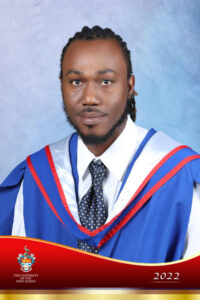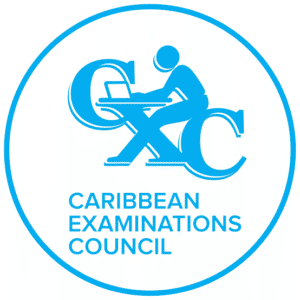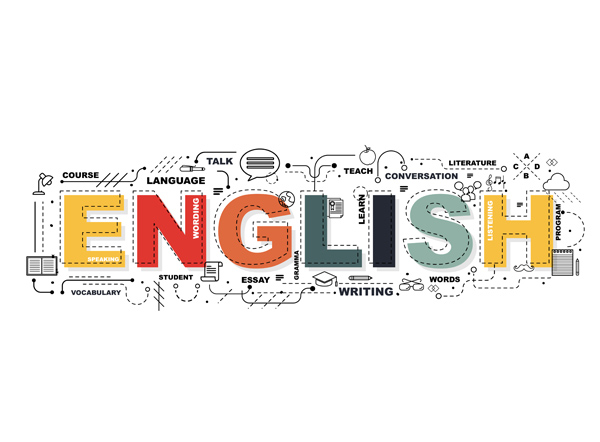
This is a two-part article. The first segment will discuss the genesis of the journey, the type of research conducted and the impact of the COVID 19 pandemic. The second instalment will examine the methodologies that were applied, and how learning challenges were bridged for the students’ development in preparation for Caribbean Examinations Council Examinations (CXC), and policy recommendations.
When a class of 21 out 22 (95%) students passed their CXC English examination in grade nine at the Yallahs High School in 2022, it brought a lot of buzz amongst the student population, parents, the Language Arts Department, the school at large, and the entire Yallahs community. Students were now being used as model students during orientation to school population, especially the grade seven pupils and new students. But this great historic feat did not come at mere snap of the finger and wishful thinking. In this article I will outline the teaching philosophy, mindset, teaching methodologies and strategies that were employed. This is to generate interest in how we view education on a policy level, and how we tend to view students’ capabilities on an academic level.
When a class of 21 out 22 (95%) students passed their CXC English examination in grade nine at the Yallahs High School in 2022, it brought a lot of buzz amongst the student population, parents, the Language Arts Department, the school at large, and the entire Yallahs community.

It is to be noted that it might be harder for newly trained Language Arts teachers to execute the aforementioned but it is more feasible with students who have a higher Primary Exit Profile (PEP) grade entering high school. Normally, the students with better grades are sent to “traditional” high schools; hence this activity is more feasible or actionable with them. However, there are students or classes at non-traditional or upgraded high schools (like Yallahs High) who are capable of implementing these strategies that can give you excellent results.
How it began
In my observation of the progress of students academically over the years, I realised their learning spectrum was mostly from peak to an anti-climax. Many promising students, whether starting out at grade seven or grade nine doing well, struggled to deliver up to their potential. By the time they reached grade eleven their academic performance would decline.
This was baffling and concerning. I started to do some deeper and more intentional observation. Additionally, I did informal interviews by speaking with colleagues about the same concerns and gathered their take on the matter. I spoke to students individually and collectively to ascertain why their performances would decline. At the end of my investigation, I came to three conclusions as to why students’ performance would decrease between ninth grade and eleventh grade. They are as follows:
Lack of Parental Support and Guidance – Many students who demonstrate potential, but would need a bit more time to develop their craft, lost a lot of ground due to no or poor parental support. Absenteeism, neglect, and poverty/financial challenges occur as a result. This oftentimes leads students to fend for themselves for economic gains, hence distracting them from focusing on their academics. Another parental issue is the conflict with teenagers and parents/guardians or family members. At many times they are caught in these pre-adult phase conflicts and might rebel, tune out from their academics, or might become introverted.
Impact of Teenage Challenges and Peer Pressure – The challenge of peer pressure is often overlooked in students’ performance. Peer pressure is not limited to school but can also be reflected in the home, the community, and with trusted adults and friends. A boy or girl might be caught in his physical appeal to get the attention of the opposite sex, or might be overly distracted with sexual activities or exploration of serious relationships. Likewise a male student might have developed his ideal self through influences based on trendy images which thwart his perception of manhood. This might lead him to develop certain behaviours (even if it is anti-social) believing he will be respected or he will fit in.
The challenge of peer pressure is often overlooked in students’ performance. Peer pressure is not limited to school but can also be reflected in the home, the community, and with trusted adults and friends.
Loss of Motivation or Lack of Relevance – Students at times would just lose interest in school, for two common reasons: 1) they are bored or overwhelmed with schooling or 2) they cannot see the relevance of education and how it can be beneficial to their current or future context. In short, the value of education is not recognised or perceived. This is more evident with children who appear to be from low income, single parent households.
Being aware of these challenges, I decided to conduct an experiment to try and change the trajectory of students’ academic performance. Then it came to me whilst speaking to one of my male colleagues about preparing and teaching an entire grade nine class for the CXC English Language examination.

Then COVID happened
It was the year 2022 in the heights of COVID where I was having my class with the grade eight students online when I declared to my students that if they did well in their end of year English Language exam as a class, I would sign them up for CXC. I advised them to talk about it with their parents. They followed my suggestion and returned to me with theirpositive responses. I had posed this challenge to stir a change in mindset and output. A challenge was placed in front of the students to accept, and they accepted.

Even though online learning had become popular, I soon noticed that students were struggling to adapt. This was often because of problems like poor internet connections, not having the right devices, or difficulty using educational platforms and apps. And even when students were online, the feedback was lacking, or they were distracted with activities happening in their home environment. When face-to-face classes resumed, it brought a lot of ease, and it helped to build the required academic bonding needed between teacher and students to fulfill our academic goals.
Mr O’Neil Allison is an educator with over 15 years of experience. He is the former president of the Philosophy of Education Movement of the Caribbean (PEMCA), and holds a Master’s Degree in Educational Planning and Policy.
